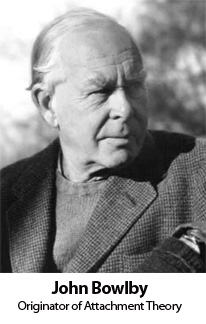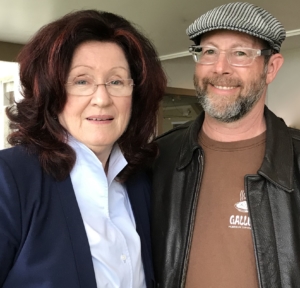Emotionally Focused Therapy (EFT)
“Piglet sidled up to Pooh from behind.
“Pooh,” he whispered. “Yes, Piglet?”
“Nothing,” said Piglet, taking Pooh’s paw.
“I just wanted to be sure of you.”
What is the Emotionally Focused Therapy (EFT) model of Couples therapy?
In short, it is a step-by-step attachment-oriented approach to addressing problems in relationships. In the EFT model, troubled relationships are seen as having repetitive negative patterns related to underlying emotional needs.
Thus the approach is to:
- Identify the negative patterns
- Address the root causes to stop the negative interaction
- Create positive alternative experiences so that the relationship pattern
becomes positive, secure and resilient.
I like that the model is unusually clear, and I love that at it’s core it is nonjudgmental,
action-oriented and thus often promotes a warm, playful experience for all involved.
A longer explanation of EFT
Think of some of the typical problems you have observed between couples, maybe you and your partner. For example, one partner brings up an issue about spending, sex, family, parenting, etc. The other sees it differently, perhaps responds by explaining or defending their view, or withdrawing. The first person doesn’t feel heard, maybe pursues the issue more strongly. The second partner in turn gets upset or avoids more, and the cycle becomes repetitive and hurtful for both.
In emotionally focused therapy we see this as a negative cycle related to unfulfilled attachment needs. In other words, we are interested not only in the content of the communication, but also in the emotions that are expressed in an obvious way, on the surface, and especially in the more hidden, deeper down feelings that often drive the conflict.
EFT is grounded in Attachment Theory, the idea that human survival has relied on strong, secure bonds, first formed in childhood when infants are dependent on others for their basic needs, bonds that continue to be key even as we mature.

When the connection with a partner is strong and reliable, then people feel “in-love,” safe, comforted, happy in their relationship. The relationship can endure some difficulty.
When the attachment does not feel secure, when hurt and fear become overwhelming, people often engage in “protest” behaviors. For example the partner feeling insecurely attached might say “You never do ___ for me anymore,” hoping this will engage the partner to make changes. Protest behaviors may, however, strike the other as attacking, and they may in turn react by avoidance, attempting to protect the relationship by preventing conflict. This tends to just makes the other person angrier (and likely underneath they feel more hurt and afraid their bond is weakening).
The EFT approach seeks to make these underlying needs and feelings clearer to each partner through inviting a conversation about underlying emotions and needs, putting these into the context of a pattern, and choreographing a series of conversations that repair and strengthen bonds.
Research on outcome of EFT couples therapy has consistently found it to be effective and the positive change it promotes to be long lasting, which is unusual in outcome research. See more about EFT research here.
Sue Johnson, the founder of EFT explains here in writing what is EFT? and here via video:
Couples
Emotionally Focused Therapy
Individuals
Sex Therapy
Therapist Consultation/Supervision
Getting Started
Contact

